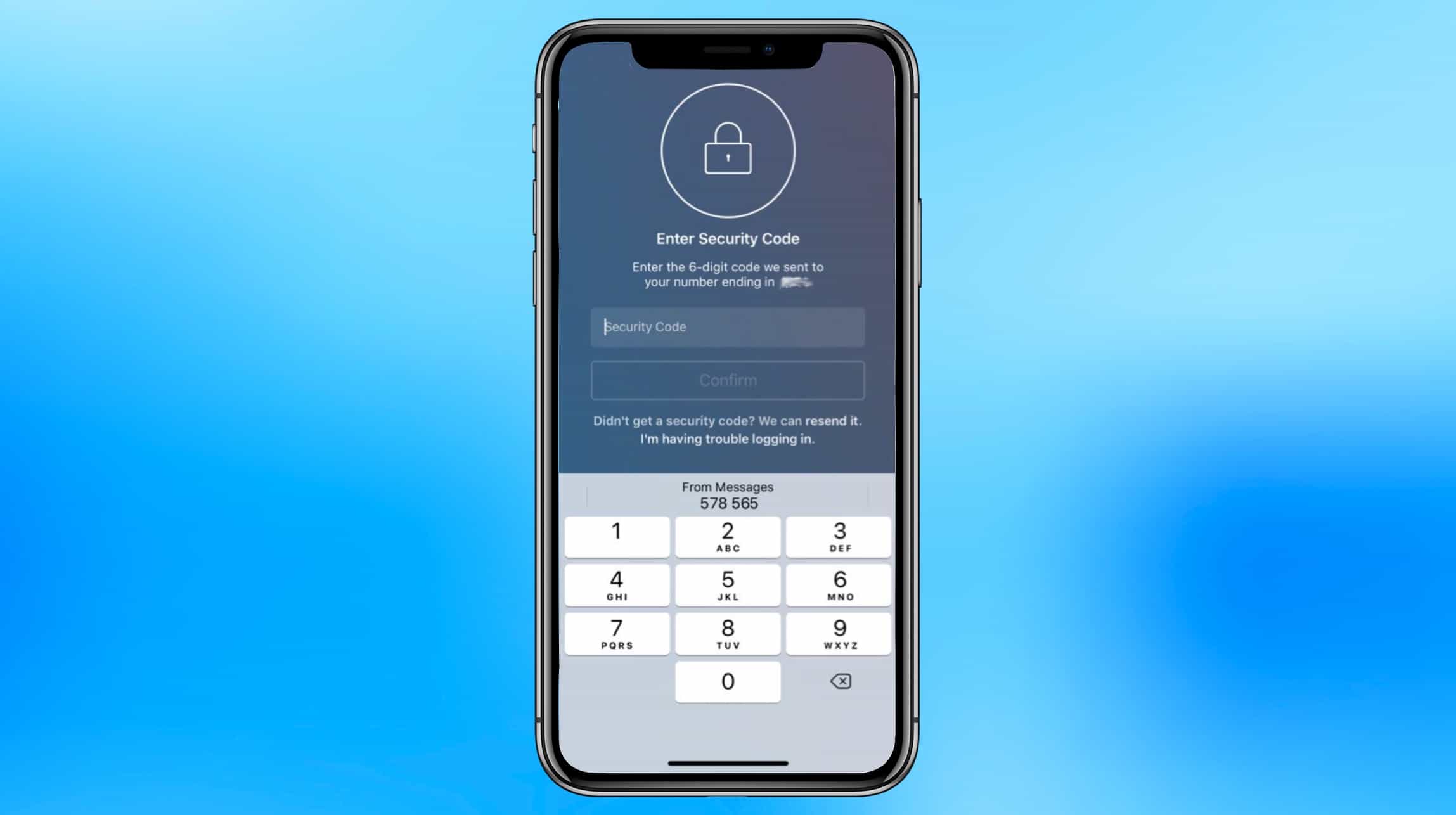The Indiana Supreme Court has ruled that police cannot constitutionally force a person to unlock their smartphone by giving up their passcode. The ruling, made Tuesday, has been praised by the Electronic Frontier Fountain (EFF).
The judge ruled that making the defendant reveal her passcode would have violated her Fifth Amendment privilege against self-incrimination. The EFF’s report gives some background on the case:
“The defendant reported to law enforcement outside of Indianapolis that she had been the victim of a rape and allowed a detective to examine her iPhone for evidence. But the state never filed charges against Seo’s alleged rapist, identified as D.S. Instead, the detective suspected that Seo was harassing D.S. with spoofed calls and texts, and she was ultimately arrested and charged with felony stalking. The state not only sought a search warrant to go through Seo’s phone, but a court order to force her to unlock it. Seo refused, invoking her Fifth Amendment rights. The trial court held her in contempt, but an intermediate appeals court reversed.”
The Indiana Supreme Court ruled that the state was “fishing for incriminating evidence” against the defendant. This is because they were trying to unlock the phone without actually knowing what was on it. It concluded that this would, “sound the death knell for a constitutional protection against compelled self-incrimination in the digital age.”
This issue is far from settled
The question of whether cops can force you to unlock your phone remains far from settled. However, a number of decisions seem to have gone the way of this new ruling. Earlier this year, a California judge ruled that police forcing you to unlock a smartphone with face or fingerprints is also illegal.
These rulings don’t necessarily mean that other methods to make people unlock their devices won’t be employed, though. Grayshift, a company which creates iPhone-cracking tech for use by law enforcement, has reportedly developed software for breaking into suspects’ phones. While all the details aren’t clear, the spyware can supposedly be installed on a device without it being unlocked. Then a reason is contrived to give a suspect back their handset, such as letting them call their lawyer. Once the suspect unlocks their phone, the software logs the code that they use.
Needless to say, just like strong encryption, this is an issue that will continue to be debated. But it seems that at least a few precedents have now been set on the privacy side of the argument.


